Biology 499R is Emory’s undergraduate research for credit program in the biological sciences. Each semester, nearly 150 Emory undergraduates participate in the program. Students conduct research in labs in Emory’s College of Arts and Science, in Emory School of Medicine and beyond. While most of a student’s grade is determined by the student’s research mentor, students also have some assignments over the course of the semester to help them prepare to present their research. At the end of each fall semester, students must submit a research report in a format similar to a peer-reviewed journal article, and in the spring students either give a short research talk or present at a poster symposium, organized by the Department of Biology, during Emory Undergraduate Research Week. Below are a set of resources for Biology 499R mentors. The course is directed by Dr. Nicole Gerardo, a professor in the Biology Department.
What types of projects should a student be working on?
Biol 499R is designed to support students as they gain authentic research experience. Students may work on independent or collaborative research projects. Projects may involve wet lab research, clinical research, bioinformatics, modeling or meta-analyses. Some projects may be more qualitative than others. In all cases, the work should be driven by a question or set of questions related to the biological sciences. Students cannot, for example, be learning techniques without the goal of applying those to a defined project later, nor can they write a literature review. As research can be slow, it is fine if they do not get to the point of finishing the project within the semester. In all cases, they will be required to write a research report (fall) or present their work (spring). If they do not have finished results, they can discuss methods, planned methods and hypotheses instead.
What are the Commitments for the Student?
- The student must commit to working on your project 12-16 hours per week. This includes time both in and out of the lab.
- The student must commit to the increased responsibility that comes from the need to structure the research interactions, set and meet deadlines, and follow all requirements.
- The student must commit to completing regular assignments that will help them develop a final research report in the fall or a final presentation in the spring.
- The student must commit to clearly communicating with their mentor(s).
What are the Commitments for the Mentor?
- A least one mentor must be meeting with the student weekly. This can be a faculty mentor or other direct mentor (e.g., a graduate student).
- The mentor(s) must commit, to the best of their abilities, to provide the student with a supportive, safe, inclusive working environment.
- The mentor(s) must commit to providing feedback on a draft of the final research report (fall) or poster (spring).
General Resources for Undergraduate Research Mentors
- Written Documents that Can Facilitate Clear Communication and Setting Expectations:
- Mentee-mentor Agreement. Based on a resource developed by the University of Kansas, this provides a set of questions for students and mentors to work through together.
- Mentor Agreement. This allows a mentor to outline what a mentee can expect of them and what they expect of a mentee. This document was created by Sophie Pierszalowski and Kameron Kadooka for use by Oregon State University faculty.
- Other written documents that may facilitate communication.
- Emory’s Office of Undergraduate Research. Includes information on fellowships and other funding available for Emory undergraduates
- Mentoring Across Identities in STEM.
- Mentoring Neurodiverse Students
-
- A Few Resources of Mentoring Students in Scientific Writing
Biology 499R Specific Resources
- Biol 499R Spring 2024 Syllabus, including schedule of assignments (some deadlines may change).
- Biol499R information packet for students Spring2024
- Example Research Reports. Note, the formatting requirements change slightly each semester, so consider these as general examples
- Example 1. Research report after one semester of research in the lab.
- Example 2. Research report after two semesters of research in the lab.
- Example 3. Research report after three semesters of research in the lab.
- Example 4. Research report after one semester of research in the lab.
- Example Research Posters. Note, the formatting requirements change slightly each semester, so consider these as general examples
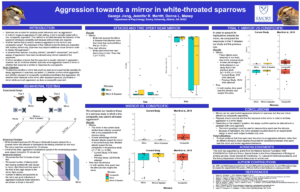 |
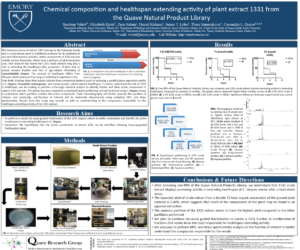 |
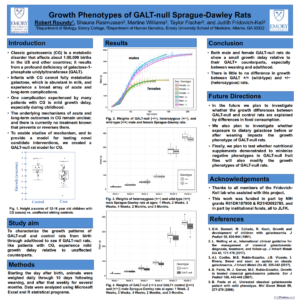 |
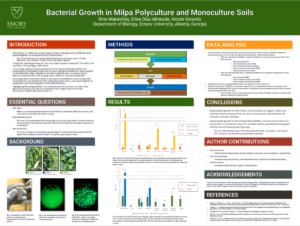 |
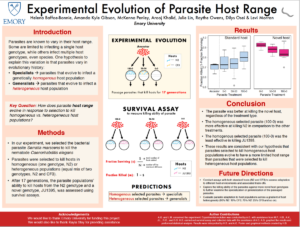 |
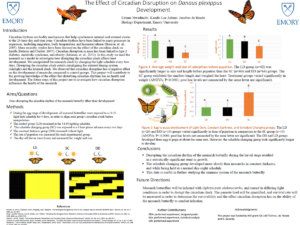 |
